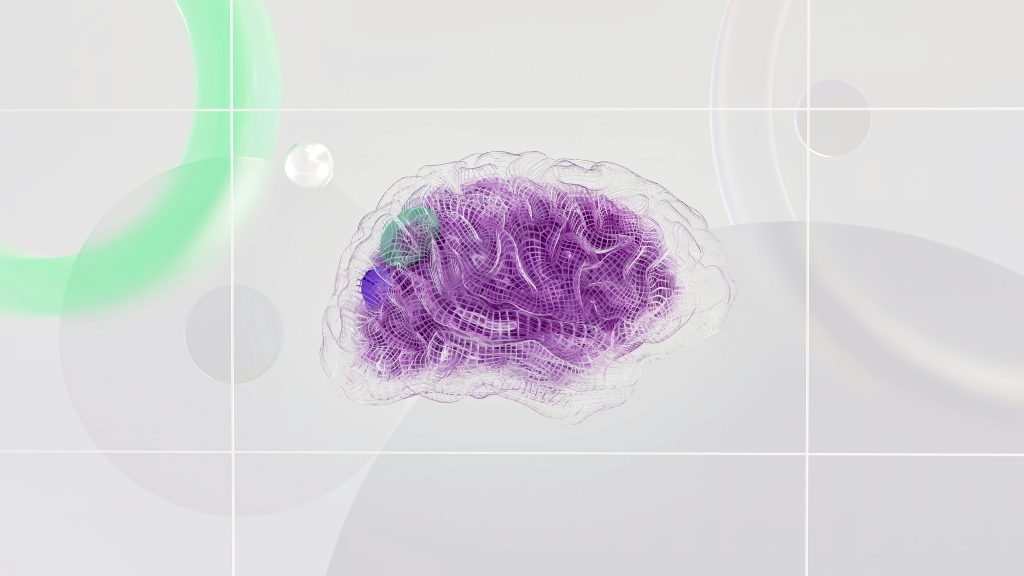We spend about one-third of our lives sleeping, but science is still uncovering why sleep—and especially dreaming—is so vital. Far from being a passive activity, sleep is an incredibly active process where your brain processes memories, regulates emotions, and even solves problems.
During REM (Rapid Eye Movement) sleep, when most dreaming occurs, brain activity spikes, and the mind begins replaying, sorting, and synthesizing information from the day. This is believed to enhance learning, creativity, and emotional balance.
Sleep also helps the body. It repairs cells, boosts the immune system, and regulates hormones. Lack of sleep has been linked to serious health issues like heart disease, diabetes, and depression. Even a few nights of poor sleep can impair decision-making and memory.
Recent studies show that dreaming may serve an emotional purpose—replaying challenging events to help us process trauma or stress. Lucid dreaming, where one becomes aware of dreaming, is also being explored for mental health therapy and PTSD treatment.
So next time you feel guilty about sleeping in, remember: science shows that your brain is hard at work—even when you’re not.



